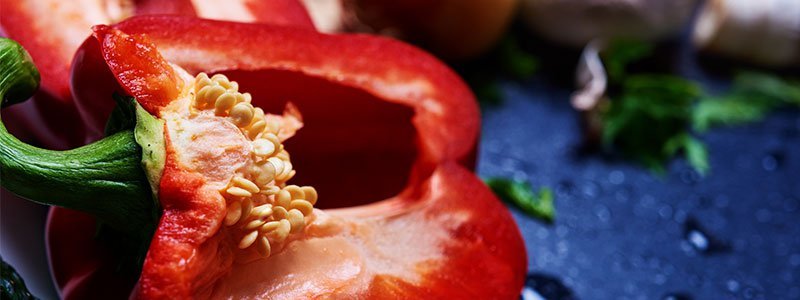Lemon: Detailed Datasheet
Other Names
Bioflavonoid Complex, Bioflavonoid Concentrate, Bioflavonoid Extract, Bioflavonoïde de Citron, Bioflavonoïdes, Bioflavonoïdes de Citron, Bioflavonoids, Citrin, Citron, Citronnade, Citrus, Citrus Bioflavones, Citrus Bioflavonoid, Citrus Bioflavonoid Complex, Citrus Bioflavonoid Extract, Citrus Bioflavonoids, Citrus Extract, Citrus Flavones, Citrus Flavonoids, Citrus limon, Citrus limonum, Citrus Medica Limonum, Citrus Peel Extract, Citrus Seed Extract, Complexe de Bioflavonoïdes, Complexe de Bioflavonoïdes de Citron, Concentré de Bioflavonoïdes, Eriodictiol, Eriodictyol, Eriodictyol Glycoside, Extrait de Bioflavonoïdes, Extrait de Bioflavonoïdes de Citron, Extrait de Pépins de Citron, Flavonoids, Flavonoïdes, Flavonoïdes de Citron, Jus de Citron, Lemon Bioflavonoid, Lemon Bioflavonoid Complex, Lemon Bioflavonoid Extract, Lemon Bioflavonoids, Lemon Juice, Lemon Oil, Lemon Peel, Lemon Rind, Lemonade, Limón, Limonade, Nimbaka, Nimbuka, Zeste de Citron.
Lemon is a plant. The fruit, juice, and peel are used to make medicine.
Lemon is used to treat scurvy, a condition caused by not having enough vitamin C. Lemon is also used for the common cold and flu, H1N1 (swine) flu, ringing in the ears (tinnitus), Meniere's disease, and kidney stones. It is also used to aid digestion, reduce pain and swelling (inflammation), improve the function of blood vessels, and increase urination to reduce fluid retention.
In foods, lemon is used as a food and flavoring ingredient.
How does it work?
Lemon contains antioxidants called bioflavonoids. Researchers think these bioflavonoids are responsible for the health benefits of lemon.
Insufficient Evidence to Rate Effectiveness for...
- Meniere's disease. There are some reports that a chemical in lemon called eriodictyol glycoside might improve hearing and decrease dizziness, nausea, and vomiting in some people with Meniere's disease.
- Kidney stones. Not having enough citrate in the urine seems to increase the risk of developing kidney stones. There is some evidence that drinking 2 liters of lemonade throughout the day can significantly raise citrate levels in the urine. This might help to prevent kidney stones in these people.
- Treating scurvy. Scurvy is a condition caused by a lack of vitamin C. Lemon can provide some missing vitamin C.
- The common cold and flu.
- Decreasing swelling.
- Increasing urine.
- Other conditions.
Natural Medicines Comprehensive Database rates effectiveness based on scientific evidence according to the following scale: Effective, Likely Effective, Possibly Effective, Possibly Ineffective, Likely Ineffective, and Insufficient Evidence to Rate (detailed description of each of the ratings).
Lemon is safe in food amounts and may be safe in higher medicinal amounts. The side effects of higher amounts of lemon are not known.
Applying lemon to the skin may increase the chance of sunburn, especially in light-skinned people.
Special Precautions & Warnings:
Pregnancy and breast-feeding: Lemon is safe for pregnant and breast-feeding women when used as part of a normal diet. But it’s not known whether it’s safe to use lemon in larger medicinal amounts during pregnancy or breast-feeding. Stick to food amounts.
QUESTION
Next to red peppers, you can get the most vitamin C from ________________. See AnswerThe appropriate dose of lemon for use as treatment depends on several factors such as the user’s age, health, and several other conditions. At this time there is not enough scientific information to determine an appropriate range of doses for lemon. Keep in mind that natural products are not always necessarily safe and dosages can be important. Be sure to follow relevant directions on product labels and consult your pharmacist or physician or other healthcare professional before using.
